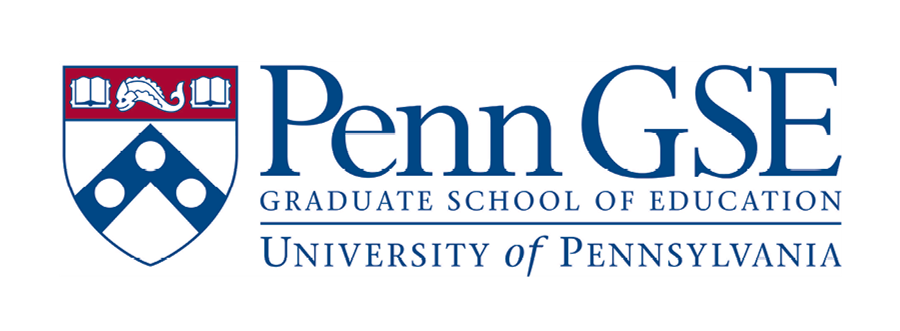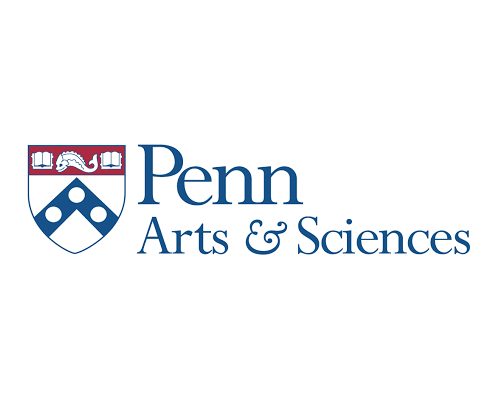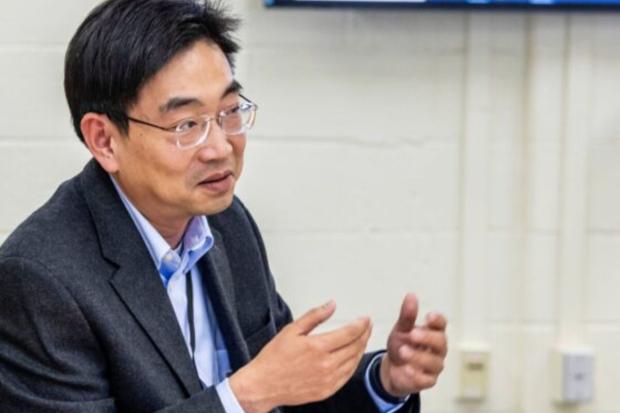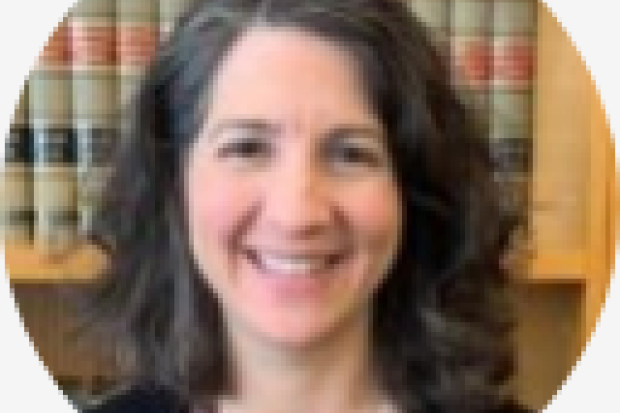Global Climate Impacts, Risks, and Vulnerabilities
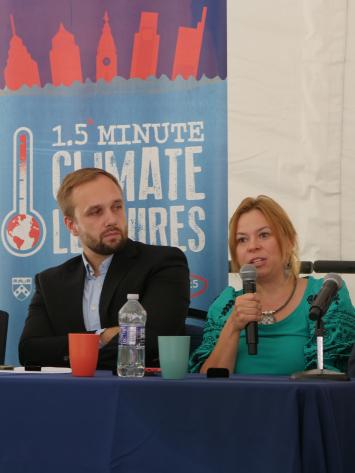
Incorporating scientific insights into decision-making is crucial for addressing the impacts of climate change. Yet, translating this knowledge into effective policy communication and implementation remains challenging, especially in global or multilateral contexts. The complexity of climate change and the abundance of available data makes it difficult to distil relevant information for policymakers.
Irina Marinov, associate professor of Earth and Environmental Science, and her colleagues have developed the Global Climate Security Atlas, an online, open-source platform to bridge this gap. This tool provides free access to climate risk assessments, including hazard, vulnerability, and exposure maps, essential for informing evidence-based strategies in climate disaster preparedness. Through dynamic collaborations, students and researchers, the platform will continue to explore the interconnectedness of human, non-human, and earth systems processes to inform global policy making and incentivize interdisciplinary learning and teaching, providing opportunities for co-production of knowledge among disciplines. A new working group will develop a hotspot finder to allow users to calculate overall risks for a particular sector or region of interest.
Penn collaborators:
- Erol Akçay, associate professor, Department of Biology, SAS
- Zahra Fakhraai, professor, Department of Chemistry, SAS
- Jane Dmochowski, senior lecturer, Department of Earth and Environmental Science, SAS
- Jon Hawkings, assistant professor, Department of Earth and Environmental Science, SAS
- Reto Gieré, professor, Department of Earth and Environmental Science, SAS
- Ileana Pérez-Rodriguez, assistant professor, Department of Earth and Environmental Science, SAS
- Hugo Ulloa, assistant professor, Department of Earth and Environmental Science, SAS
- Siobhan Whadcoat, lecturer, Department of Earth and Environmental Science, SAS
- Anna Cabré, researcher and educator, Department of Earth and Environmental Science, SAS
- Jere Berman, professor, Department of Economics, SAS
- Simon Richter, professor, Department of Francophone, Italian, and Germanic Studies, SAS
- Ramah McKay, associate professor, Department of History and Sociology of Science, SAS
- Michael Weisberg, professor, Department of Philosophy, SAS
- Arnold Mathijssen, assistant professor, Department of Physics, SAS
- Will Deneed, researcher, Department of Political Science, SAS
- Jeffrey Green, professor, Department of Political Science, SAS
- Brian Berkey, associate professor, Legal Studies & Business Ethics, The Wharton School
- Guy Grossman, professor, Department of Political Science, SAS
- Heather Huntington, associate director of Penn Development Research Initiative
- Erik Wibbels, professor, Department of Political Science, SAS
- Emily Hannum, professor, Department of Sociology, SAS
- Michael Mann, professor, Department of Earth and Environmental Science, SAS
- William Braham, professor, Architecture, Weitzman School of Design
- Thomas Daniel, professor, City & Regional Planning, Weitzman School of Design
- Allison Lassiter, assistant professor, City & Regional Planning, Weitzman School of Design
- Nicolas Pevzner, assistant professor, Landscape Architecture, Weitzman School of Design
- Amrit Thapa, lecturer, GSE
- Susan Yoon, professor, GSE
- Sharon Wolf, associate professor, GSE
- Benjamin Pierce, professor, Department of Computer and Information Science, SEAS
- Ani Hsieh, associate professor, Department of Computer and Information Science, SEAS
- Russ Composto, professor, Bioengineering, SEAS
- Andrew M. Hoffman, professor and dean, School of Veterinary Medicine
- Sammed Khatana, assistant professor, Cardiovascular Medicine, PSOM
- Charles Leonard, assistant professor, Epidemiology, PSOM
- Sean Hennessy, professor, Epidemiology, PSOM
- Therese Bittermann, Gastroenterology, associate professor, PSOM
- Arthur Van Benthem, associate professor, Economics and Public Policy, The Wharton School
- Eric Orts, professor, Legal Studies & Business Ethics, The Wharton School
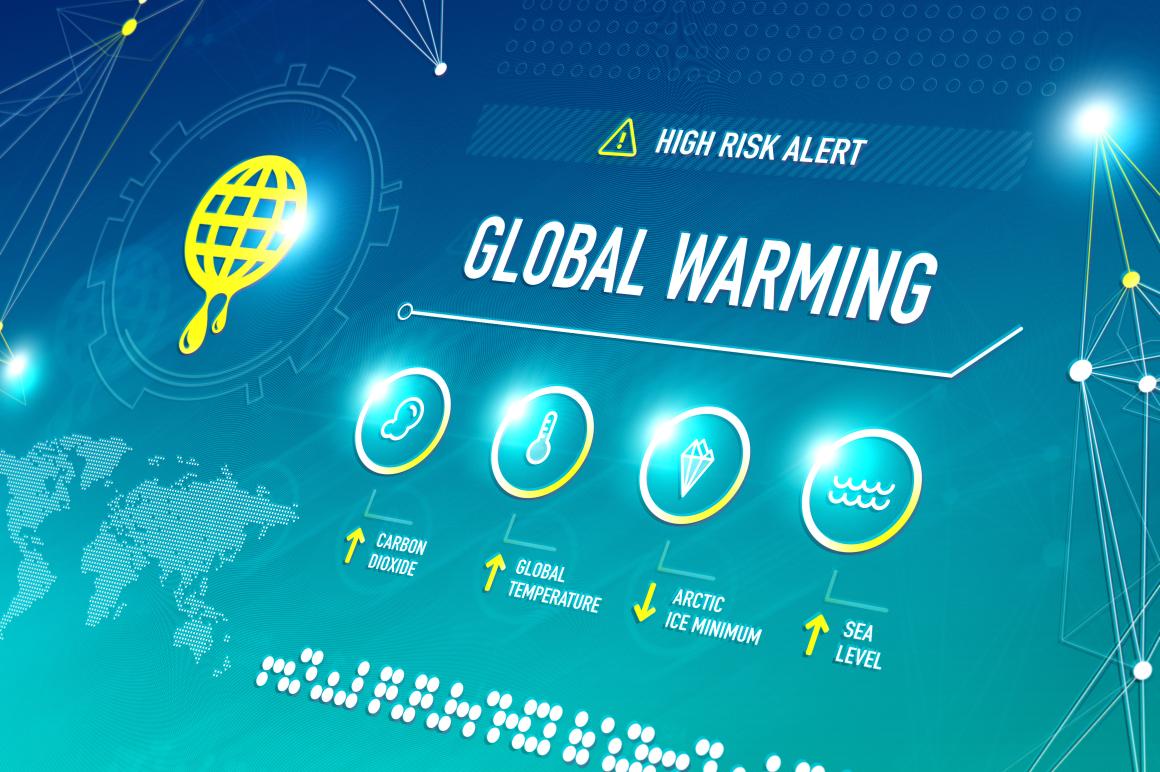
Collaborators
Related News
“Climate change is a significant threat to humanity, and its impacts on natural and human systems have already been observed…. Scientists play a crucial role in addressing it, but integrating climate science into decision-making and implementation remains challenging, especially in global or multilateral settings.” – Irina Marinov, associate professor, Department of Earth and Environmental science


